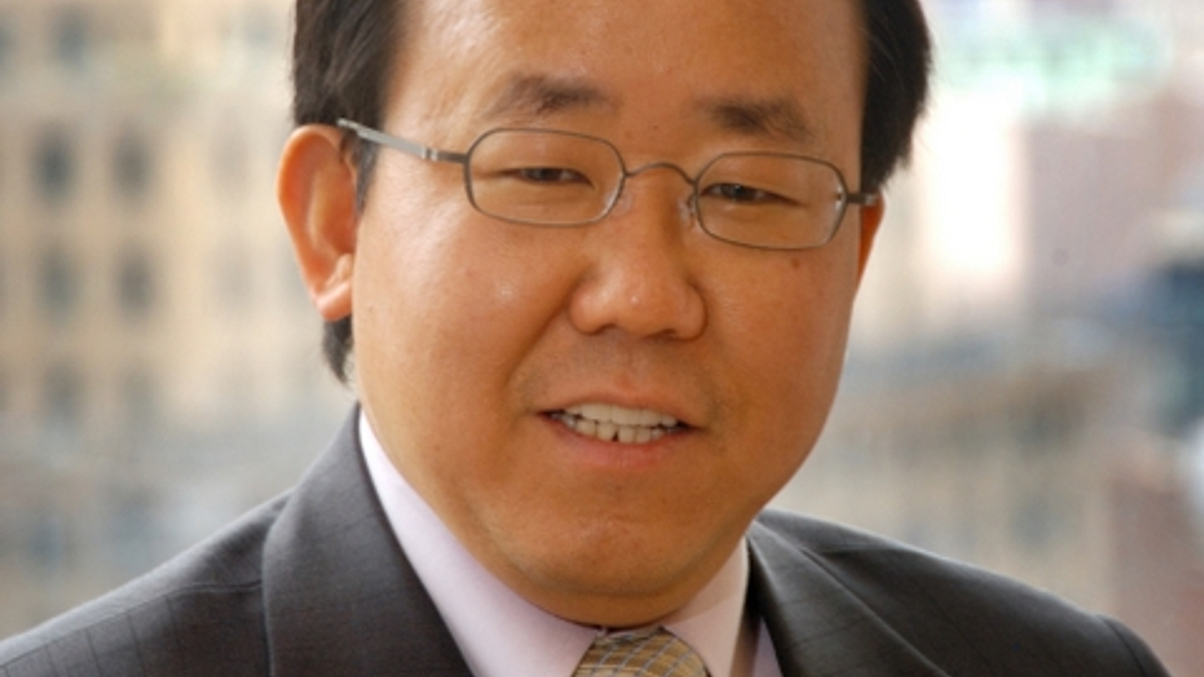Chinese hedge fund start-ups set out plans
In the second of a two-part article about early-stage mainland asset managers setting up in Hong Kong, senior executives from two firms explain their business strategy.

Amid the raft of Chinese fund houses looking to launch operations in Hong Kong, some start-ups are choosing to join incubation platforms in the city in order to build a track record and scale, with a view to seeking a licence from the local securities regulator down the line.
Sign in to read on!
Registered users get 2 free articles in 30 days.
Subscribers have full unlimited access to AsianInvestor
Not signed up? New users get 2 free articles per month, plus a 7-day unlimited free trial.
¬ Haymarket Media Limited. All rights reserved.


